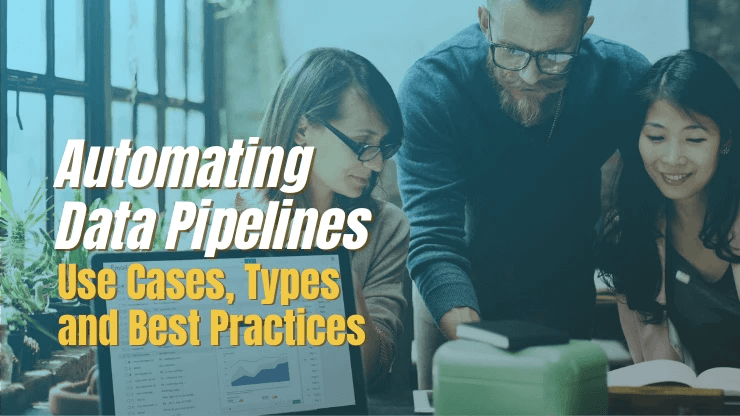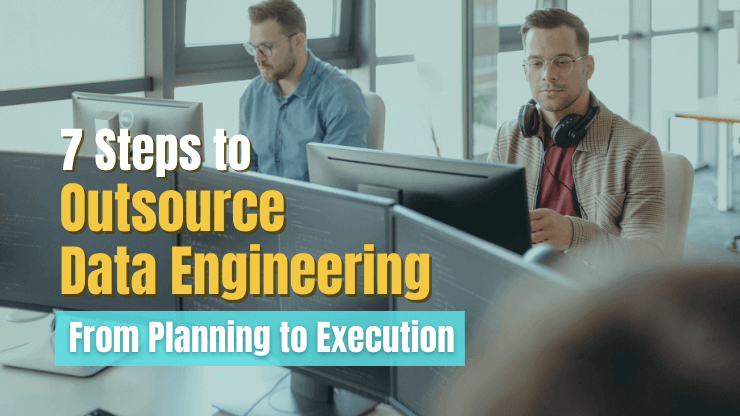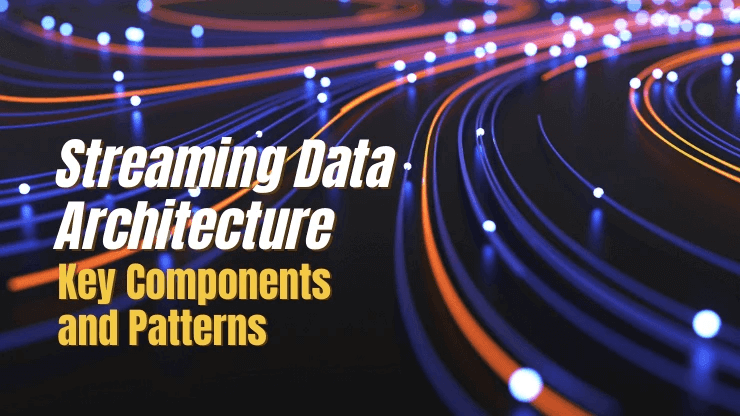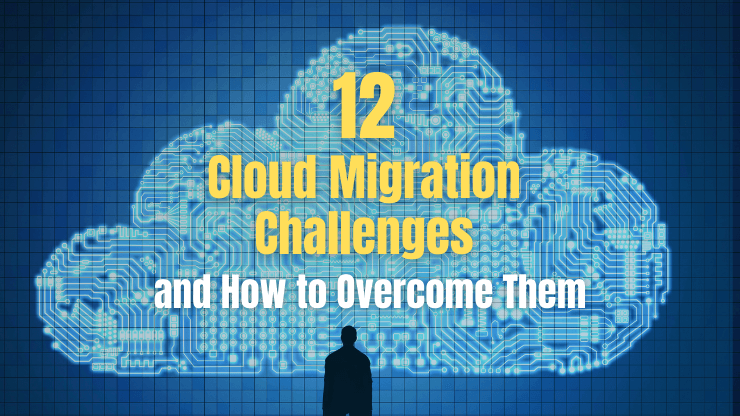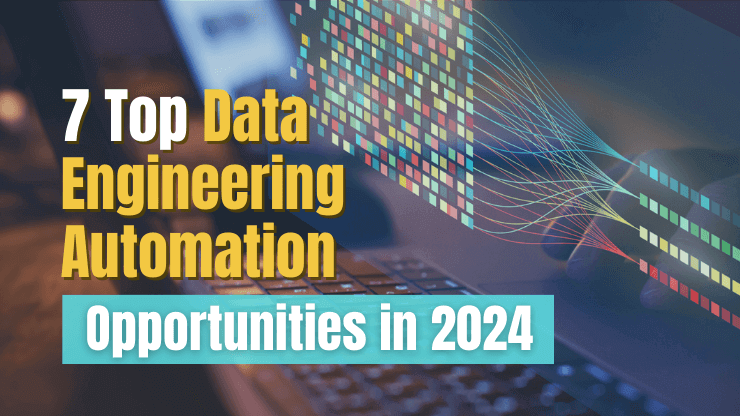Big Data ETL for Real Estate Investment Decisions
Apache Spark’s big data processing speeded up investment decision-making and provided scalable infrastructure for growing data volumes and machine learning solutions



We’ll help you save time and resources. Avoid errors, apply best practices, and deploy high-performance Big Data solutions.
Our experts assess the project you’re planning or review your existing deployment. Discover best practices, assess design trade-offs, and flag potential pitfalls to ensure that your team’s projects are well designed and built.
Implement modern data architectures with cloud data lake and/or data warehouse. Develop data pipelines 90% faster and significantly reduce the amount of time you spend on data quality processes.
Data governance is one of the single most important data initiatives. We help build data governance foundations and set up the proper tools to meet CCPA, GDPR, and other legal policies requirements.
Our experts can help you leverage the scalability of cloud-native data platforms and gain an advantage with flexible pricing, storage, and performance of your data processing.
Hire a dedicated remote team
Scale up with remote engineers
Engage technology experts
Data Engineering Expertise
Leverage our expertise at every stage of the process: data collection, data processing and the Extract, Transform and Load (ETL) process, data cleaning and structuring, data visualisation and building predictive models on the top of data.
Time and Cost Savings
Hiring new employees with the proper skills takes too much time and is expensive — that’s assuming you can even find them in a very competitive job market. We have experts who are ready to work on your data engineering project.
Strengthen your team
with big data experts.
Deliver projects faster.
With the Data Engineering company, our team become an integral part of your team. They immerse themselves in your project, maintaining your company culture and working in line with your strategic goals.
Engage quality
tech professionals
We are driven by 15+ years of experience in IT staff augmentation and engineering software solutions.
Fast process:
CVs within 3 days
Time and cost savings - receive first CVs of our specialists and start interviewing candidates.
Risk-free
2-weeks trial
To get rid of any doubts, check the quality of your team with no obligation to pay with 2-weeks trial.
Tell us your technology requirements and describe your project using our contact form.
No one-size-fits-all. We always create a unique team augmentation strategy.
Our HR and tech leaders provide you CVs. You approve each candidate who will join your team.
We seal the deal with a contract and launch your remote team.
Our remote-first approach allows us to attract the best talent in Central Europe and scale your team on demand.
With SoftKraft it is possible to set up a team very quickly. We follow a rigorous process of hiring people, which then helps our clients to save time and money when hiring our dedicated software development team.
Our clients deserve experts that will help them solve the issues that they have faced. That is why we hire only developers who are ready to grow and upgrade their skills.
SoftKraft is always open to keeping things flexible with the team and clients. If your project needs scaling, our developers can help you with extending your product by adding more features.
Our business strategy is simple: if our customers' business is booming, we are growing too
We take project ownership and responsibility for decisions that were taken during the development
The bottom-line results of your project are the only metric that really matters to us
SoftKraft have proven are way ahead of the curve. The team impressed us with their ability to speak at the business strategy level.
SoftKraft has been a very reliable partner for us. They took over our system infrastructure in a short time and managed to handle it in a professional and reliable way.
We were very impressed with their commitment to achieving a high-quality outcome and their willingness to explore a variety of possible solutions for our goal.










Apache Spark’s big data processing speeded up investment decision-making and provided scalable infrastructure for growing data volumes and machine learning solutions

Using Apache Kafka and OpenShift to build a real-time streaming solution enabling gamers to optimize their performance and monetization strategies in a gaming community

Installing Big Data-enabled BI Tool in company IT infrastructure allowed analysts to interactively examine business data in near real time as well as equipped them to make faster and better investment decisions



Data Engineering and Data Science are complimentary.
Data Engineering ensures that data scientists can look at data security and consistently. Data Engineers handle many core elements of Data Science, such as the initial collection of raw data and the process of cleansing, sorting, securing, storing, and moving that data.
Data Science combines computer science, statistics, and mathematics. Data Scientists apply a combination of algorithms, tools, and machine learning techniques like predictive analytic to help you to extract knowledge from the data.
Data Engineers need to know skills and tools like:
Python is the top programming language used for Data Engineering, followed by Java which is widely used in data architecture frameworks (most of their APIs are designed for Java). Scala is an extension of the Java language that simplifies its syntax.
SQL is the standard programming language for building and managing relational database systems (tables made of rows and columns). NoSQL databases are non-tabular and come in a variety of types depending on their data model, such as a graph or document. Data Engineering utilizes both depending on their pros and cons, see the question What Data Store Should I use? for more details.
Data warehouses store large volumes of current and historical data. This data is sourced from numerous sources, such as CRMs, ERPs, and accounting software. Data Engineering services help organizations extract knowledge from data through reporting, analytics solutions, and data mining.
Data Engineers need a handful of soft skills to perform their job well:
Data Engineering team will almost certainly interact with a diverse range of stakeholders, many of whom possess varying degrees of technical expertise. Communication skills are critical for effective collaboration.
As critical as communication abilities, Data Engineers must be able to work in teams. Data Engineers need to understand the expectations of Data Science teams with whom they are collaborating, the frequency with which they require updates, and their pain points.
As projects change or evolve, they must be able to reprioritize and adjust. When things do not go according to plan, Data Engineering experts must be able to devise a workaround. Failure to do so may result in frustration, missed deadlines, and resource wastage.
At a high level, Big Data Engineering has a generic architecture that applies to the majority of businesses:

You need your Big Data setup to handle all incoming data streams, whether structured, unstructured, or semi-structured. The incoming data is prioritized and categorized for a smooth flow into further layers down the line. Data ingestion can happen through real-time streaming or batch jobs. We typically use Apache Kafka and AWS/GCP specific solutions (GCP Pub/Sub, GCP Big Query, GCP Cloud Storage, AWS Redshift, AWS S3, AWS Athena, etc) for creating data ingestion pipelines.
After raw data is ingested, the extracted data should be stored somewhere. The storage solution should be in line with the data ingestion requirement of your business ecosystem.
The processing layer where the analytical process begins, where data is needed for analysis is selected, cleaned, formatted for further analysis and modeling. The goal is to discover useful information, suggest conclusions,s and support decision-making. Data Processing on AWS by access characteristics:
This layer is everything to do with a graphical representation of information and value gained through analysis. Using rich charts, graphs, and maps, the tools in this layer help present a compelling story for a decision to be made by your leadership team.
We typically use Amazon QuickSignt or Tablau, see our article Embedded Analytics: Amazon QuickSight vs Tableau

